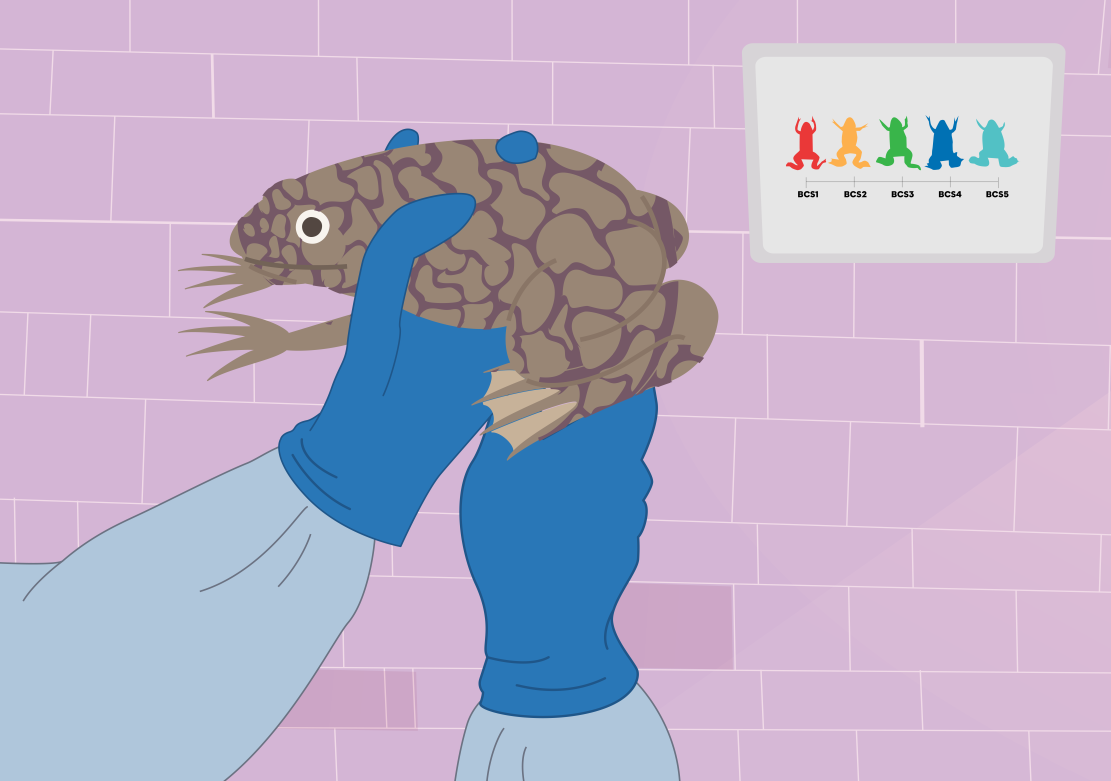This term, the University of Veterinary Medicine in Vienna is implementing a new learning approach called ‘flipped classroom’. The flipped classroom approach reverses the conventional classroom environment. Instead of attending lectures and doing tasks at home, students first learn at home, share their opinions in an online forum, and then collaborate to complete assignments in the classroom. Traditional learning approaches typically control students’ learning, directing their thoughts and feelings. In contrast, flipped classrooms allow students to study in their own time, motivating them to take control of their own learning and receive guidance from teachers when they need it. Read More
In flipped classrooms, the pace of learning is set by the students, who play an active role, as opposed to passively attending lectures. This has been shown to facilitate much deeper learning in many students. Teachers, on the other hand, assume the role of coaches who support students, rather than delivering lectures.
Previously, the University of Veterinary Medicine introduced the flipped classroom approach for some undergraduate students to assess its effectiveness.
Autonomous studying reduced the students’ boredom, while also increasing their engagement and deepening their understanding of course material. Students who studied independently invested more time in their studies than those who attended lectures. They also expressed greater satisfaction with the course.
For a flipped classroom environment to be effective, however, students need to take responsibility for their own learning. A student like Gabi, for example, who is a critical learner and spends a lot of time enriching her knowledge at home or in the library, would clearly benefit from flipped learning.
Gabi enjoys the sense of achievement as she improves her veterinary knowledge and skills. As she is highly motivated to take learning into her own hands, she will benefit from flipped classroom approaches.
Louis, on the other hand, merely aims to pass his courses so that he can treat animals in the future. To succeed in a flipped classroom environment, he will first need to motivate himself to study so that he can pass his assignments.
A flipped classroom could encourage Louis to take a more active role in his learning if he wishes to realise his dream of treating animals. This approach could deepen his understanding of course material, as he will need to take responsibility for his own learning, rather than passively attending lectures. Finally, even Louis might find flipped classroom time more interesting by spending more time in meaningful discussions rather than simply listening to information.
Another advantage of the flipped classroom approach is that students who are absent do not fall behind, since information is always available online for students to catch up. Teachers can provide a more tailored approach for Gabi or Louis, such as offering guidance for students that still need active learning.
By managing their time well, taking responsibility for their own learning, and collaborating during classroom assignments, both types of students will benefit from a flipped classroom, preparing them for rewarding careers in veterinary medicine.







